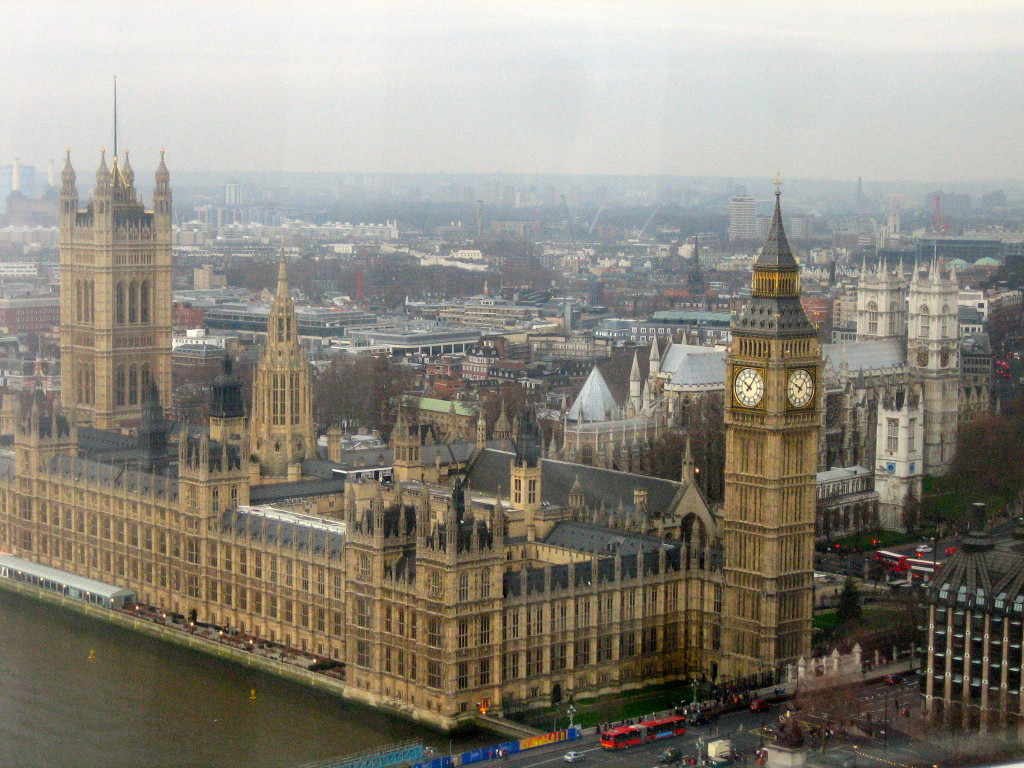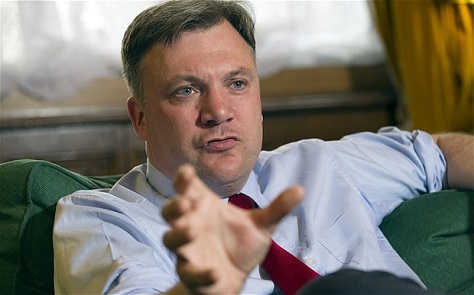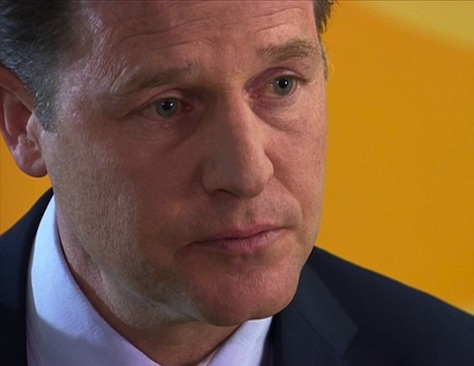If the contest between the two contenders to succeed Nick Clegg as leader of the Liberal Democrats seemed particularly grim, it’s probably because most of the ‘big beasts’ lost their constituencies in last May’s wipeout.![]()
Vincent Cable, former business secretary; Danny Alexander, the former chief secretary to the treasury; Simon Hughes, a former civil liberties minister and former deputy party leader — all lost their constituencies in an election that saw the LibDem caucus shrink from 56 to just eight.
So there’s not an incredible groundswell of excitement for Tim Farron, who was announced today as the party’s new leader — The Telegraph ran a comprehensive profile today in anticipation of Farron’s widely expected victory.
In a nutshell, Farron is the most openly pious major party leader in recent memory — somewhat unique in a country where Alistair Campbell, a media adviser to former prime minister Tony Blair (himself something of a believer) once famously said, ‘We don’t do God.’ Farron’s Christianity has made him somewhat hesitant on LGBT rights, including on the landmark 2013 vote to enact marriage equality, and he’s somewhat anti-abortion as well.
Otherwise, Farron ran as a candidate far closer to Labour than to the Conservative Party, and it seems clear that Farron wants to pull the Liberal Democrats back to their comfort zone of the 1990s and mid-2000s as a leftist alternative to the Tories.
Since 2005, he’s represented the Westmorland and Lonsdale constituency in Cumbia, England’s northwestern corner. Though he narrowly won the party presidency in 2011, Farron has no ministerial experience and he has a history of bucking the party’s leadership — most notably opposing Clegg’s now-notorious turn on student fees. The December 2010 vote split the party — 28 MPs supported the measure, which tripled tuition fees. Clegg’s decision maintained the unity of the Tory-LibDem coalition, but it disillusioned many of the party’s supporters. Clegg had campaigned vigorously in 2010 on the promise that he would oppose fee hikes, and the issue is widely cited as a primary cause for the LibDem wipeout in the 2015 election.
Farron’s opponent, Norman Lamb, was viewed as the more moderate candidate with close ties to Clegg. Twelve years older than Farron, Lamb has been an MP from Norfolk since 2001, and he served as minister of state for care and support from 2012 to 2015. Though Clegg never formally endorsed him, Lamb won the support of two additional former leaders — Menzies Campbell and Paddy Ashdown.
If history serves as any guide, Farron’s task will largely be a thankless one that leaves him, at best, in a rebuilding role. At worst, he may be destined to become the party’s analogue to William Hague or the Michael Foot.
After the Labour Party’s defeat in the 1979 election, it took 18 years and three leaders before the party returned to power.
When the Conservatives, likewise, suffered a cataclysmic defeat in the 1997 election, it spent 13 years in the wilderness, shuffling through three leaders before it eventually landed on David Cameron.
Four candidates are currently vying for the Labour Party leadership — voting will be open to party members between August 14 and September 10, with the leader to be announced at a September 12 conference.





